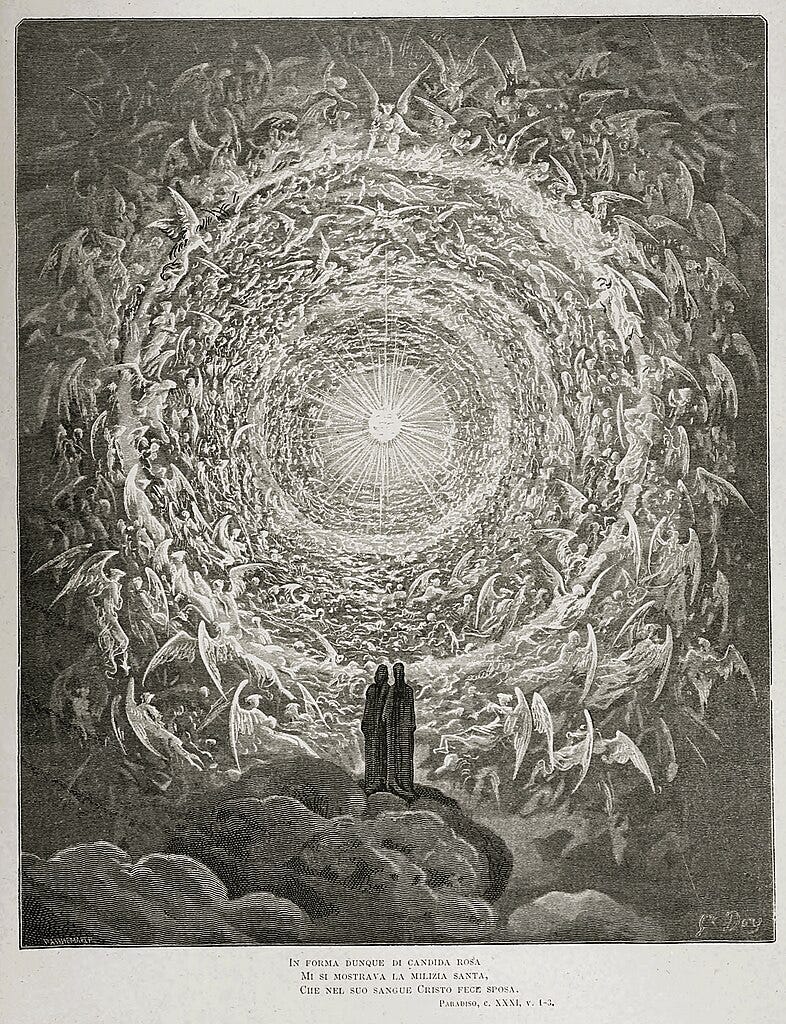In what way was Dionysius "pseudo"?
Pseudo-Dionysius the Areopagite, often simply referred to as Pseudo-Dionysius, is a significant figure in early Christian theology, known for his mystical and philosophical writings. His works, which include "The Divine Names," "The Mystical Theology," "The Celestial Hierarchy," and "The Ecclesiastical Hierarchy," have profoundly influenced both Eastern and Western Christian thought. He is believed to have lived in the late 5th or early 6th century, although he claimed to be Dionysius the Areopagite, a convert of St. Paul mentioned in Acts 17:34. This claim was accepted by many in the Middle Ages, contributing to the authority of his writings. His philosophy is rooted in Neoplatonism, combining Christian theology with the philosophical ideas of Plotinus, Proclus, and others. Pseudo-Dionysius is best known for his concept of negative theology or apophatic theology, which posits that God transcends human understanding, and thus, can only be described through negation – what God is not rather than what God is.
[Note that Pseudo-Dionysius the Areopagite is not the same person as Saint Dennis, also known as Dionysius of Paris or Denis the Areopagite, who was a 3rd-century Christian martyr and the first Bishop of Paris. He is traditionally identified with Dionysius the Areopagite from Acts 17:34, though this identification is largely considered legendary or symbolic. Saint Dennis is an entirely different historical figure from Pseudo-Dionysius, with the confusion mainly arising because of the shared name and the association with the original Dionysius from the Bible.]
Central to Pseudo-Dionysius's beliefs is the idea of divine illumination through hierarchies. He describes a celestial hierarchy where angels are ranked and serve as intermediaries in the transmission of divine light from God to humanity, and an ecclesiastical hierarchy where clergy serve a similar purpose. This hierarchical structure reflects his view on the ordered cosmos and the ordered approach to spiritual enlightenment. His mystical theology emphasizes the journey of the soul towards God, involving a progressive stripping away of all attributes to reach a state of union with the divine, which he describes as a "darkness" where all human knowledge fails. This concept influenced many subsequent theologians and mystics, including St. Thomas Aquinas, Meister Eckhart, and the Eastern Orthodox tradition.
The debate over Pseudo-Dionysius's true identity stems from his claim to be the historical Dionysius the Areopagite, which was initially accepted but later scrutinized. The first to question this attribution was the 9th-century scholar Eriugena, who noted the anachronistic language and philosophical influences in the texts that were not consistent with the 1st century. By the Renaissance, scholars like Lorenzo Valla and Erasmus further debunked the claim through textual analysis and historical context, showing the writings were from a much later period. Due to these findings, the name "Pseudo-Dionysius" stuck as a scholarly convention to differentiate him from the historical figure while acknowledging the pseudonymity.
The theological impact of Pseudo-Dionysius persists, despite the debate over his identity. His writings were instrumental in shaping medieval theology, particularly in the realms of mysticism and sacramental theology. His works were widely disseminated in both Latin and Greek, influencing liturgical practices and theological discourse. Even today, his ideas on the apophatic approach to understanding God, the role of hierarchy in spiritual ascent, and the mystical union with the divine continue to be studied and applied in theological contexts, demonstrating his enduring relevance in Christian thought. In the Eastern Orthodox Church, his hierarchical and mystical theology is deeply embedded in the spiritual and liturgical life, influencing practices and theological understanding of divine mysteries and the sacraments. The Roman Catholic Church also acknowledges Pseudo-Dionysius, especially through the works of theologians like Thomas Aquinas, who incorporated aspects of his thought into scholastic theology, and in the mystical traditions, notably affecting the writings of medieval mystics such as Meister Eckhart. Within Anglicanism, his influence can be seen in the works of some theologians and in the high church tradition, which values the sacramental and hierarchical elements of worship. Although less pronounced, his impact can also be traced in some Protestant circles, particularly those with an interest in mystical theology or ecumenical dialogue with Eastern Christianity, where his concepts of apophatic theology and divine transcendence continue to be studied and appreciated. However, his influence is more academic or historical in many Protestant denominations that emphasize sola scriptura (scripture only).




